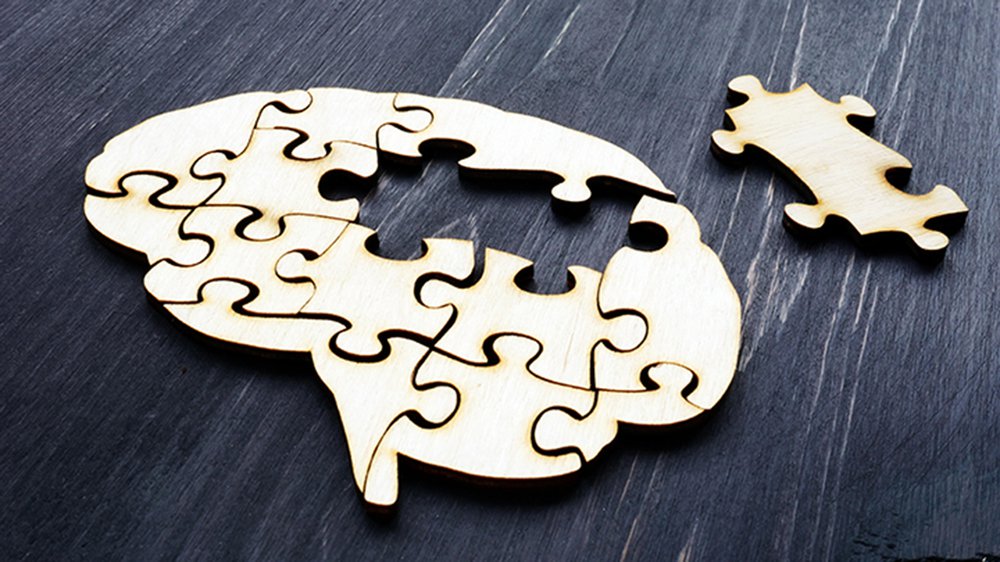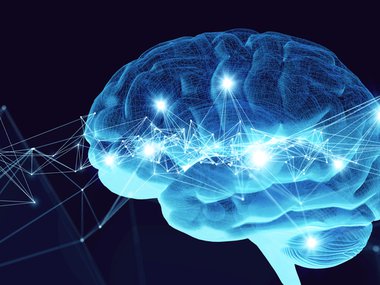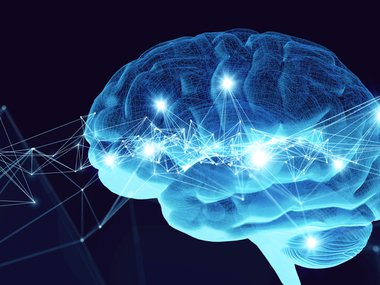The expanding universe, life beyond Earth and dark energy are all pretty big far-out mysteries. Another huge mystery is not only nearer, but with us all the time ... our brain. Science has yet to understand how this remarkable organ truly functions. Recently scientists discovered one tiny aspect of the brain that lead to a huge discovery involving how we remember things. How does memory work?
What’s your earliest memory? Long-term memory is a vital part of the human experience while the brain still remains one of the most mysterious things to science. Over the years scientists have been piecing together the puzzle that is our brain and recently we just learned about another puzzle piece regarding long-term memory.
The brain’s excitatory network and the inhibitory network work in tandem for our memory recall. The excitatory network connects neurons related to a particular topic or memory, like let’s say your friend Jill, for example. The inhibitory network of neurons suppresses unrelated but potentially confusing similar memories. In our example, it would be like thinking about gills, some guy named Bill, or maybe the old poem about Jack and Jill. This helps your brain focus on the task at hand, which is recognizing or remembering something about your friend Jill specifically.

Protein molecules relay information through these networks to get your neurons to function as needed. We’ve known about them working in the excitatory network, but it turns out these protein molecules are much more complex in their function. Scientists from McGill University in Canada recently published a study in "Nature" highlighting how these molecules not only fire in one direction along the excitatory network’s neurons, but also through the inhibitory network, too.
This discovery of physically tiny things is actually kind of a huge deal because it allows us to better understand the chemical processes involved in long-term memory recall. Potential future applications of this knowledge could lead to therapeutics to address neurological conditions like Alzheimer’s, dementia and attention deficit disorder. For now, though, this is a pretty cool discovery to celebrate as it helps us understand more about how we go through the process of memory consolidation, which is turning our short-term memory into long term. And who couldn’t use help with that?!
Science ... always there to do things like enhance memory, enhance life, raise the quality of life and enhance memory.
The Museum is hard at work helping you to discover your world despite dramatically reduced financial resources. If you'd like to help us continue this work, click here to learn how.


